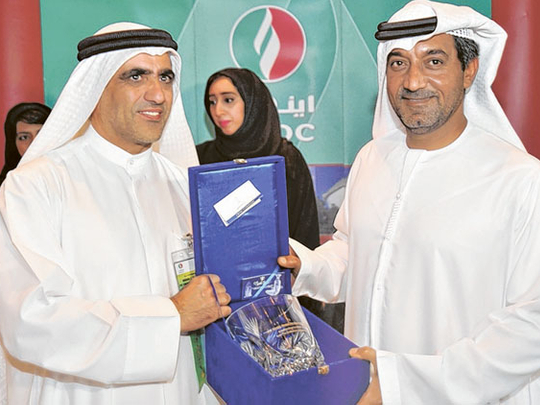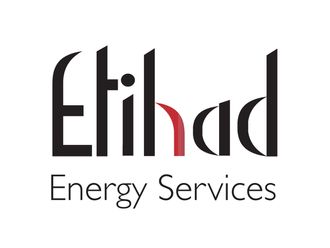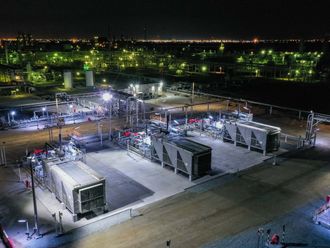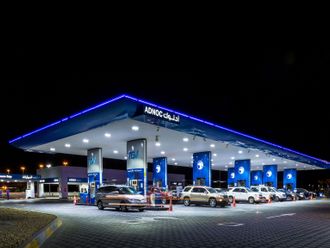
Dubai: Oil production in the GCC is in good condition despite the global economic crisis, a top Opec official said yesterday.
Ali Obaid Al Yabhouni, UAE Opec governor and general manager of Adnatco-NGSCO, said that the rate of production encourages healthy investment in the oil industry.
"In the past few months, we saw a very prominent supplier completely halt its oil supply. However, it is worth noting that the situation did not last for long, and hardly affected oil prices," he said.
"As producers, it is more important that the global economy is capable of handling current prices, which are established on international markets according to a framework based on providing adequate supplies to the market from all key suppliers," he added.
Update
His comments came at the 19th edition of the Middle East Gas and Petroleum Conference, where Shaikh Ahmad Bin Saeed Al Maktoum, Chairman of the Supreme Council of Energy, also gave an update on production at Dubai's Al Jalila oil field.
Speaking to reporters, Shaikh Ahmad said: "God willing, it will start this year," but declined to elaborate on production levels.
Earlier this year a government statement said that Al Jalila — which is named after the daughter of His Highness Shaikh Mohammad Bin Rashid Al Maktoum, Vice-President and Prime Minister of the UAE and Ruler of Dubai — should "notably increase the production of crude in Dubai, whose current oil reserves are about 4 billion barrels".
The field will be Dubai's fifth producing field since oil was discovered in the 1960s, but analysts yesterday had mixed views about its overall importance given the emirate's smaller output compared to neighbouring Abu Dhabi.
"If they believe it is going to come on stream before year-end, then it should be very close to completion indeed and they should by now have a very good picture about the possible delay situation," said Samuel Ciszuk, senior Middle East and North Africa energy analyst at HIS Energy.
"[But] the speed with which they have been able to develop the field indicates that it is fairly small," he added.
Meanwhile, Saeed Abdullah Khoury, chief executive officer of Emirates National Oil Company (Enoc), said yesterday that the proximity of the Middle East to the fast-growing emerging markets of Asia serves as a tremendous opportunity for the region's oil and gas companies.
"For the next year, demand for petroleum products is expected to rise to 90.7 million barrels per day — an all time high.
"A large part of this strong demand will be driven by the non-OECD countries with Asian economies taking the lead followed by the Middle East," he said.
Khoury was welcoming delegates to the conference, which is being held under the patronage of Shaikh Mohammad at Mina A ‘Salam, Madinat Jumeirah. The event concludes today.
At present, oil contributes less than 5 per cent to Dubai's GDP.
Dubai's oil reserves have been declining over the past decade and were expected to be exhausted within a few years until the latest discovery was announced by the Dubai government in February last year.
UAE major contributor
Dubai's first oil field was discovered in 1966 and production was launched at the Fateh field in 1969. A second oil field, Falah, was discovered in 1972 but production only began there in 1978.
Two other oilfields — Rashid and Margham — were discovered in 1973 and 1982, respectively. Dubai Petroleum Company (DPC) is the main operator in the emirate. Dubai has a 2 per cent share of the UAE's natural gas reserves and its contribution to the UAE's oil output is also small.
The UAE has the world's fifth largest proven oil reserves, which amount to 97.8 billion barrels, but more than 90 per cent of these reserves are in Abu Dhabi. The UAE also has six trillion cubic metres of gas reserves, the world's sixth largest. The UAE's average sustainable crude oil production capacity is set to increase 12.5 per cent to 3.06 million barrels per day by 2014, estimates of the Paris-based International Energy Agency (IEA) show.
— Himendra Mohan Kumar, Staff Reporter












